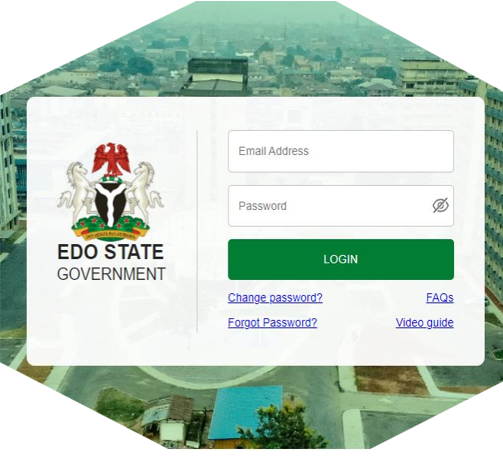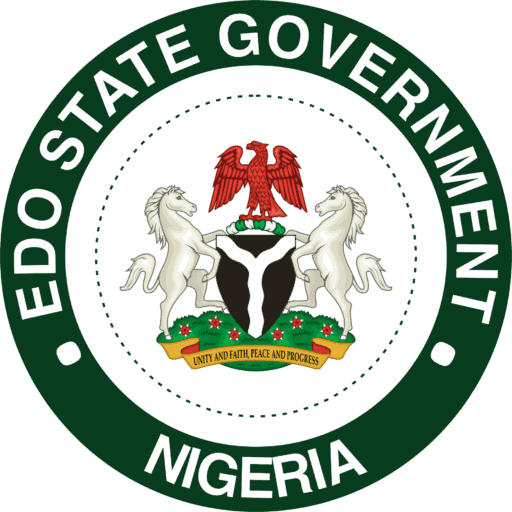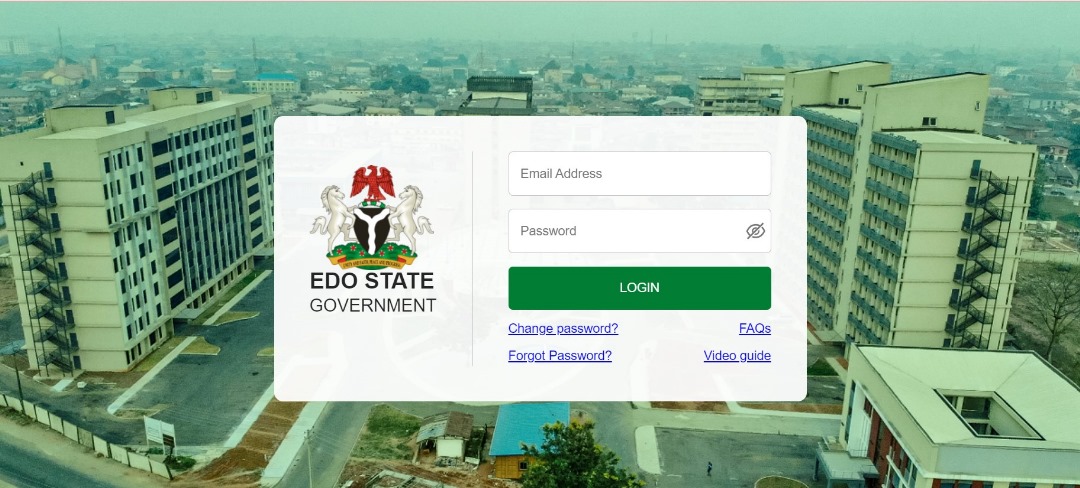In a significant leap towards modernizing governance and embracing technological advancements, Edo State has successfully implemented its E-Government initiative, known as EdoGov. This groundbreaking initiative marks a pivotal moment not only for the state but for Nigeria as a whole, as it propels the nation towards a more efficient, transparent, and paperless government system.
The hallmark achievement of EdoGov lies in its comprehensive onboarding of all 79 Ministries, Departments, and Agencies (MDAs) onto the e-government platform. This seamless integration ensures that government operations are streamlined, communication is facilitated, and services are delivered promptly to citizens.
One of the key components of EdoGov’s implementation is the deployment of over 5000 laptops to staff across various MDAs. These laptops serve as indispensable tools for employees to carry out their day-to-day tasks efficiently and effectively. By equipping staff with modern technology, Edo State is empowering its workforce to embrace digital transformation and deliver services with enhanced productivity.
In addition to laptops, Edo State has also introduced a kiosk system within MDAs to further enhance the utilization of the EdoGov platform. These kiosks serve as accessible touchpoints for employees, providing convenient access to essential government services and information. By leveraging such innovative solutions, Edo State is fostering a culture of digital inclusion and accessibility within its government agencies.
Crucially, EdoGov’s impact extends beyond mere technological upgrades. Recognizing the importance of capacity building, the state has undertaken the training of over 17,000 staff members on the EdoGov Enterprise Resource Planning (ERP) system. This comprehensive training ensures that employees are equipped with the necessary skills to navigate and maximize the benefits of the e-government platform effectively.
Perhaps most notably, Edo State has emerged as a trailblazer in Nigeria by becoming the first to launch a paperless government system. In a region where traditional paper-based bureaucracy has long been the norm, this achievement is nothing short of revolutionary. By eliminating the need for physical documents and transitioning to digital workflows, Edo State is driving efficiency, reducing bureaucracy, and minimizing environmental impact.
The adoption of EdoGov has ushered in a new era of governance characterized by transparency, efficiency, and citizen-centric service delivery. With streamlined processes and digital workflows, there is no longer a reliance on the cumbersome movement of physical documents within MDAs. Instead, information flows seamlessly across departments, leading to faster decision-making and improved service delivery to citizens.
As Edo State leads the way in e-government implementation, its success serves as a beacon of inspiration for the broader Nigerian context and the wider West African region. By embracing digital transformation and harnessing the power of technology, governments can unlock new opportunities for growth, innovation, and development.
In conclusion, Edo State’s achievement in implementing EdoGov represents a significant milestone in Nigeria’s journey towards a more efficient and transparent governance system. With its pioneering efforts in digitalization and paperless governance, Edo State stands as a shining example of the transformative potential of e-government initiatives. As other states and nations look to replicate this success, the future of governance in Africa is undoubtedly digital.





